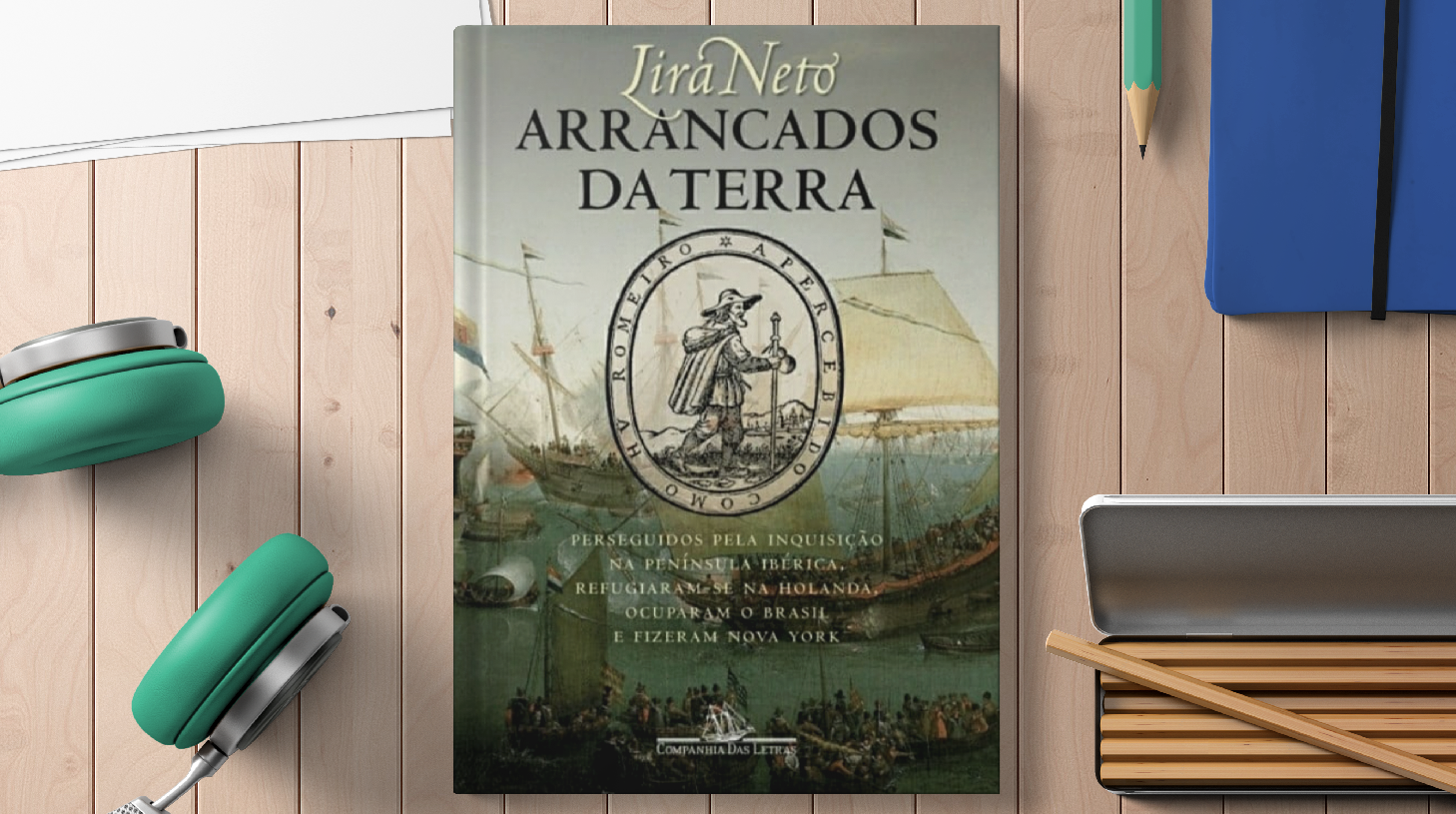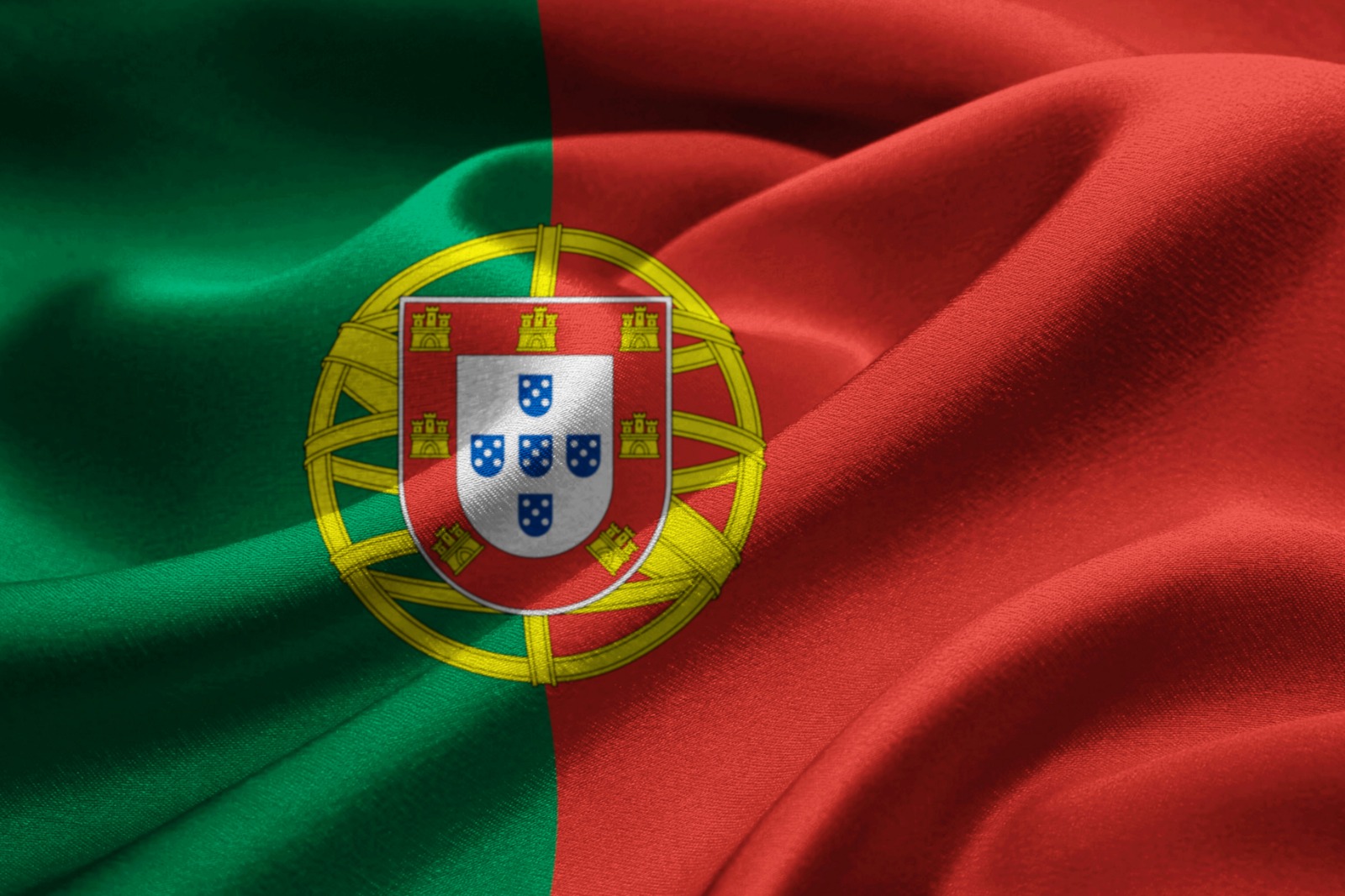Interview: Written by Lira Neto, biography of Sephardic Jews should hit bookstores soon

After extensive and careful research and writing, the author from Ceará João Lira Cavalcante Neto is ready to release his newest work: uprooted from the earth. A journalist recognized for award-winning biographies such as José de Alencar, Padre Cícero and Getúlio Vargas, Lira Neto dedicates his new work, not to the life of a character, but to that of a people, the Sephardic Jews. The biography, which should be released this semester, narrates the arrival of these people in the Iberian Peninsula until their expulsion between the 15th and 18th centuries and their consequent dispersion throughout the world. The author recently published the cover of the book on his social networks.
Lira, after all, who are the Sephardic Jews who inspired you to write a book?
What was there was a remote possibility of making a biography of Maurício de Nassau, that back in 2002, 2003, but circumstances led me to other projects and I ended up leaving Nassau aside. I realized that I had more than one biography of Nassau. I had a story there, a biography not of a person, but I had a collective biography. I begin the book with a discussion of when the first Jews would have arrived in the Iberian peninsula. These Jews, who arrived in the Iberian peninsula in very remote times, come to be known as Sephardic precisely because of the peninsula's ancient name, the Sefarad lands.
I kept collecting this material until I realized that as if the drift of the Jewish people with all their diasporas was not enough, it had a specific diaspora, which was exactly those Sephardic victims of the Inquisition. First, in Spain, which led many of them to take refuge in Portugal. When there is a Portuguese expulsion edict, they take several paths and destinations. So, the culture of Sephardic Judaism spreads throughout the world at the time. Major Sephardic attraction centers are beginning to form, such as Venice and North Africa. And what started to interest me was a specific group that goes to Amsterdam, because it connects exactly with Maurício de Nassau.
It is a tangle of information. Is that what made you interested in this story?
When I realized that there was a skein of events, facts, episodes, characters there, I said: “well, let's try to bring the ends of this skein together to produce a cohesive narrative”. And we know that in a narrative that deals with documentation for so long, there are a lot of gaps and mysteries, sometimes some solvable, others not. So that's when I said: “Well, Maurício de Nassau, nothing! When I have the opportunity, I will look into this matter”.
After fleeing the Iberian peninsula, Sephardic people spread throughout the world and there is a vast bibliography on the subject. How will your book address this plurality of information?
There are academic works, including very consistent ones, but a good narrative that unites all these points is missing. It was as if each of these books were chapters of a possible major work. In addition, I saw the need to focus on characters that would transform this story not into a storytelling thing, but that it would be possible to identify life stories in the documentation.
You commented in interviews that this research of yours helps to understand the historical roots of intolerance and also prejudice. What makes you believe that?
This documentation makes it very clear that this is, perhaps, the guiding thread of all these individual dramas that result in this book. In other words, they were people essentially marked by intolerance. They lived to escape from extreme situations, they lived to try to escape to preserve their own life, because there was a suspicion, a persecution exactly because they are different. They are always victims of an exclusion produced by difference. And the non-acceptance of this difference is manifested in this documentation in an extremely violent way. This violence is sometimes symbolic, sometimes physical, and other times it is manifested through blood.
So, that's why I dedicate the book to all the disinherited, all the exiles, all the refugees, because this is a very current story. This story, this search for a promised land, is as old as humanity and at the same time it is as current. It is amazing how in the 21st century we are still discussing this type of topic, it is still necessary to dedicate a book to people who are driven, expelled from their territory.
Will the book also be released in Portugal?
I want it to be published here too, because most of the characters are Portuguese. Without a doubt, it is a book that needs to be read by Brazilians, Portuguese and also by the Dutch and North Americans.v
Check out the full interview we did with the author:
Find out if you are a Sephardic Jew descent
You can find out if you have Sephardic ancestry. To do this, you just have to correctly answer all the fields on our pre-analysis form. There are no costs associated with completing the form.

Portuguese nationality: applications increase, delays too
The current scenario for Portuguese nationality is one of overload and uncertainty. According to the Union of Registry and Notary Workers […]

Has the new Nationality Law proposal been approved? Isabel Comte clarifies what is actually in force
In an exclusive interview, jurist Isabel Comte — a master in Law and specialist in Portuguese nationality — answers the main […]

Transmission of Nationality: what changes with the new proposal from the Portuguese government?
By Isabel Comte In recent weeks, the proposed amendment to the Nationality Law — Bill No. 1/XVII/1st […]